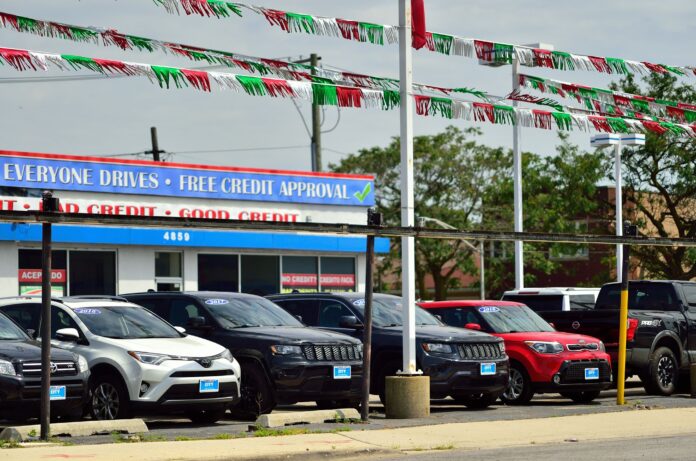The average age of vehicles on the road in the United States has been steadily increasing, reaching a record high of 12.8 years in 2025. This trend reflects shifts in consumer behavior, economic conditions, and the durability of modern vehicles.
Factors Contributing to the Aging Vehicle Fleet
- Economic Considerations: The rising costs of new vehicles have led many consumers to retain their existing cars longer. As of May 2024, the average price of a new vehicle in the U.S. was over $45,000, making new purchases less accessible for many.
- Improved Vehicle Durability: Advancements in automotive technology have enhanced the reliability and longevity of vehicles, allowing them to remain operational beyond the traditional 100,000-mile mark.
- Supply Chain Disruptions: The COVID-19 pandemic and subsequent global supply chain issues, including semiconductor shortages, have disrupted vehicle production, leading to reduced availability of new cars and encouraging consumers to hold onto their current vehicles.
Implications for Florida Residents
In Florida, the trend of older vehicles on the road is particularly notable. The state’s warm climate and favorable driving conditions contribute to the longevity of vehicles. However, older vehicles may face challenges such as increased maintenance needs and higher fuel consumption.
Impact on Auto Insurance
The aging vehicle fleet has several implications for auto insurance:
- Maintenance and Repair Costs: Older vehicles may require more frequent repairs, potentially leading to higher insurance premiums to cover these costs.
- Safety Features: Modern vehicles are equipped with advanced safety technologies that older models may lack, which can influence insurance rates.
- Vehicle Value: As vehicles age, their market value decreases, which can affect the type of coverage needed.
Frequently Asked Questions
1. Why are vehicles on the road getting older?
Economic factors, improved vehicle durability, and supply chain disruptions have led consumers to keep their vehicles longer.
2. How does the aging vehicle fleet affect auto insurance?
Older vehicles may lead to higher maintenance costs and influence insurance premiums due to factors like safety features and vehicle value.
3. Is it more cost-effective to maintain an older vehicle or purchase a new one?
This depends on individual circumstances, including the vehicle’s condition, maintenance costs, and the financial implications of purchasing a new car.
4. How can I ensure my older vehicle remains safe to drive?
Regular maintenance, timely repairs, and staying updated on safety recalls are essential for keeping an older vehicle safe.
5. Does the age of my vehicle affect my insurance coverage options?
Yes, older vehicles may require different coverage types, such as liability-only policies, depending on their value and condition.
Understanding these factors can help Florida residents make informed decisions about vehicle maintenance and insurance coverage.
For more information on auto insurance options in Florida, visit GreatFlorida Insurance.



